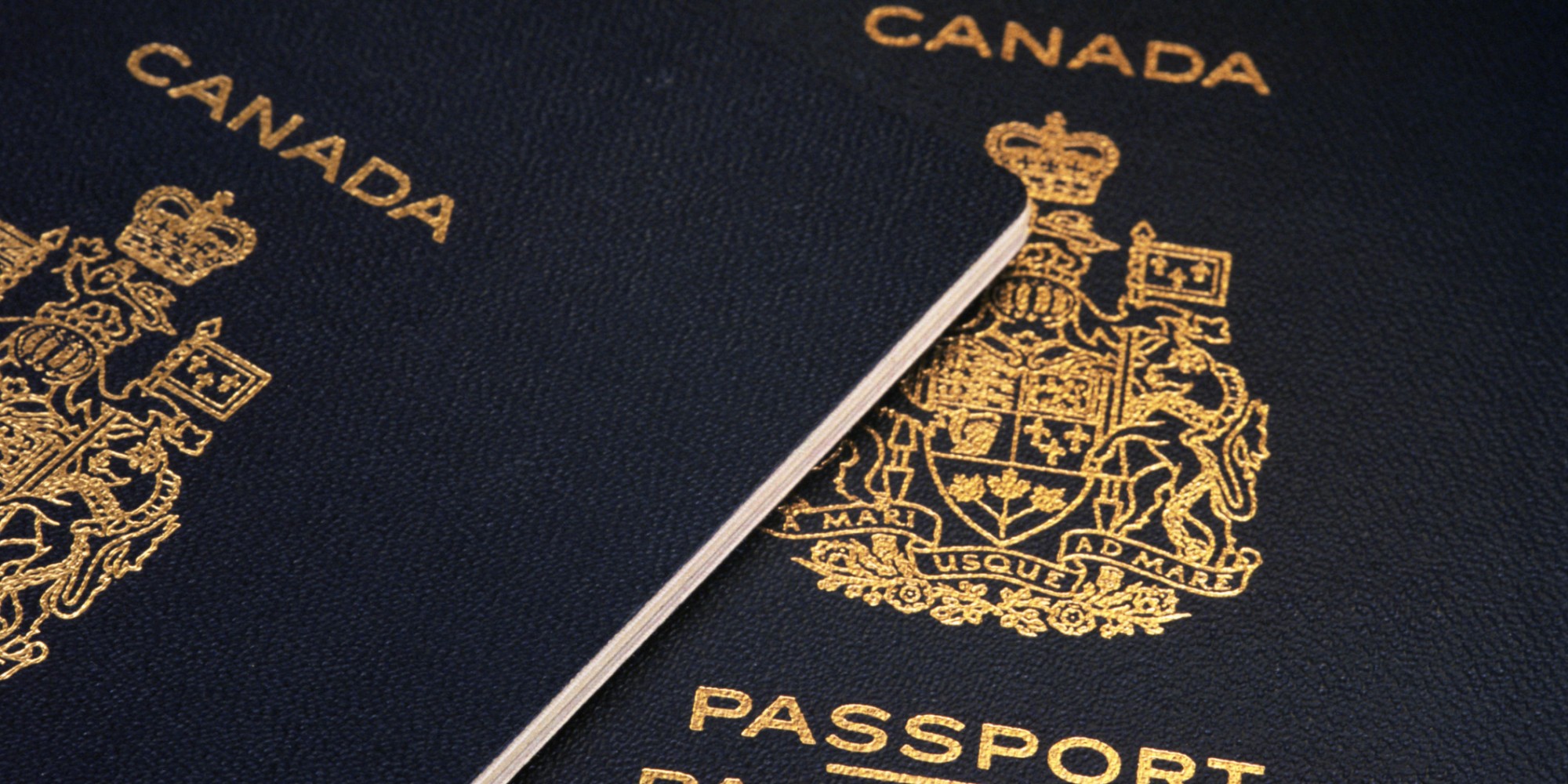What are the implications on your ability to travel with a criminal charge? What are the implications if you are found guilty of the offence?
What follows is legal information, not legal advice, and is not to be relied upon. If you have a question about the travel implications of a criminal charge or finding of guilt, retain a lawyer to receive legal advice.
Admission into the United States
If you are charged with a criminal offence and awaiting your trial, your charge will appear on the Canadian Police Information Centre (CPIC) database. Canada shares the CPIC database with one foreign government - the United States of America. When you attempt to enter the United States, American border authorities will access this information to see if you have any findings of guilt or outstanding criminal charges.
It is important to note that the United States will look at your findings of guilt and criminal charges. Even though you are presumed innocent until proven guilty, the American authorities will use the fact that you have been charged with an offence to determine whether you should be denied entry to the United States.
What the American border officials are looking for
You will be denied entry to the United States if you have been charged or found guilty of a crime of moral turpitude. A crime of moral turpitude is conduct that is considered contrary to community standards of justice, honesty or good morals. It is so broad that it means everything and nothing. In practice any drug trafficking offence or charge will deny you entry to the United States, generally. Sex crimes, homicide, or child pornography charges will generally deny you entry as well. A charge or conviction for impaired driving or ‘over 80’ will generally not deny you entry to the United States. It always remains up to the discretion of the individual American border official to allow or deny you entry. You may be denied entry on one occasion and allowed entry on another. It all depends on the judgment of who is letting you in.
Should you avoid travelling to the United States?
In Canada, a criminal charge that is withdrawn, stayed, or results in an acquittal will be updated on the CPIC database. Likewise, if you are found guilty and receive a record suspension (formerly called a pardon), the finding of guilt will be removed from CPIC. If you travel to the United States after your CPIC has been updated, the American authorities will not see your finding of guilt.
However, Canadian disclosure laws do not apply in America. If you travel to the United States while a criminal charge or finding of guilt is on your CPIC, the American authorities will keep a record of this forever. Even if you are subsequently acquitted of the charge, or if you are found guilty and receive a record suspension years alter, the American authorities will keep the record in their database and, possibly, continue to deny you entry.
The best way to avoid this is to not travel to the United States while you have a criminal charge or a finding of guilt for which you have not received a record suspension. Again, contact a lawyer if you want full legal advice on the implications of travelling with a criminal charge or conviction.
What to do if you have been denied entry to the United States because of a Canadian criminal record
You can still gain entry to the United States if you complete a temporary waiver application, also known as a Form I-192. The form can be found here: http://www.uscis.gov/files/form/i-192.pdf. If you have questions about filling the form out, check this website or contact a Canadian lawyer for advice: https://help.cbp.gov/app/answers/detail/a_id/760/~/entry-into-the-u.s.---canadian-with-criminal-record-or-overstay,-waiver.
A peace bond may deny you entry to the United States
A criminal charge may be withdrawn in exchange for the accused person consenting to be subject to a peace bond. A peace bond is not widely considered to be a criminal record in Canada. I will explore the nature and implications of a peace bond in a future blog post. For now, what is important is to understand that a peace bond is included in the CPIC database and flashed to an American border official when you enter the United States.
The United States does not have a concept of a peace bond in its justice system. As a result, some American border officials may consider a peace bond an indication of a crime of moral turpitude. You will be denied entry as a result. It depends on the competence of the individual border official. If you cross the border in the United States from Niagara Falls, you are more likely to be permitted entry because the border officials there are proximate to Canada and more aware of the intricacies of our justice system. If you are taking a transfer flight into the United States from Dubai, by contrast, you may find yourself denied entry on the basis of a peace bond. The best way to avoid this, again, is to not travel to or through the United States while you are subject to a peace bond.
Admission into countries other than the United States
Countries other than the United Stated do not have access to our CPIC database. Upon entry to these nations, you may be asked about Canadian criminal charges or findings of guilt. It is up to you to answer those questions honestly.
